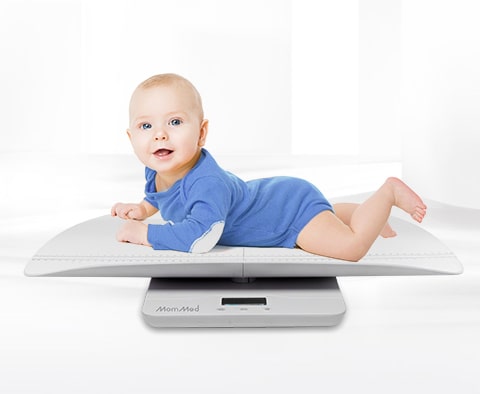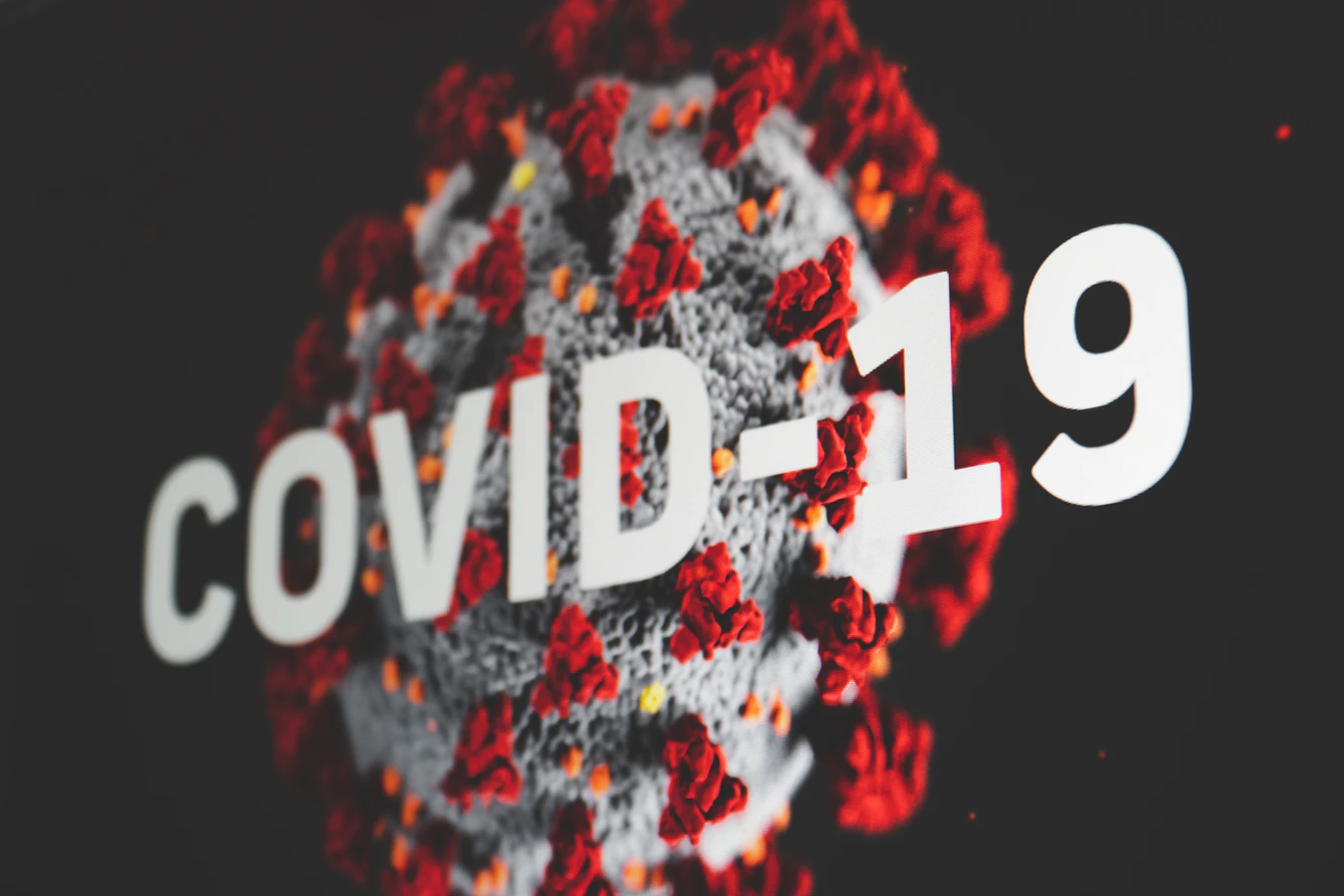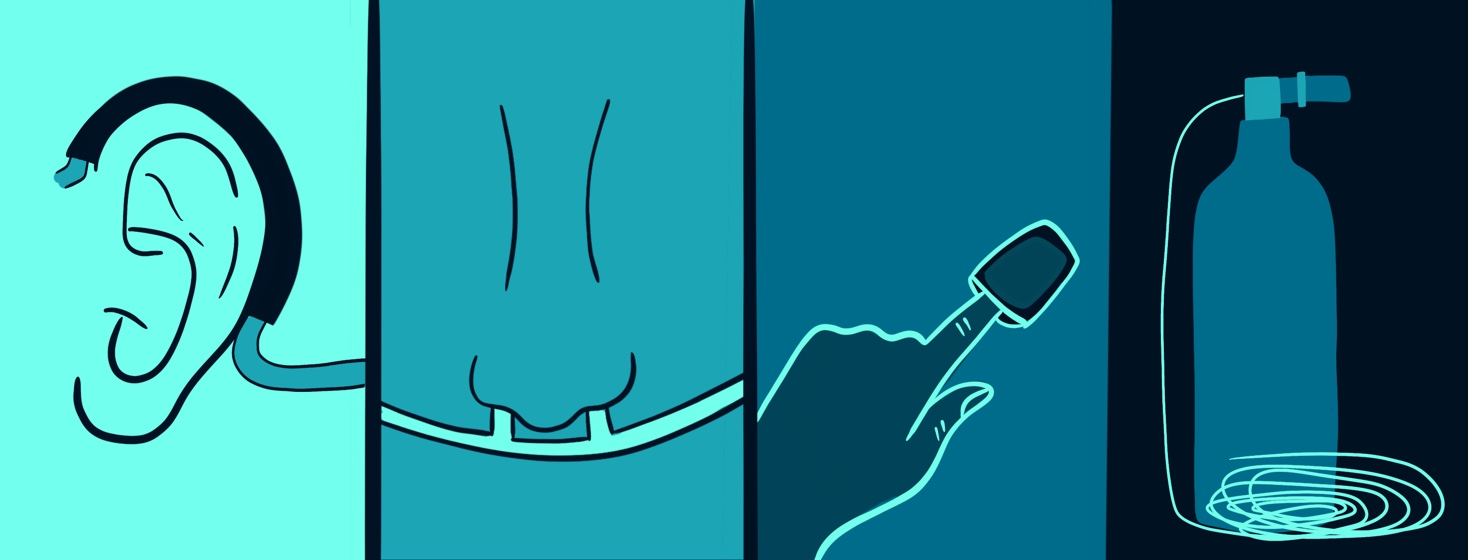How to Tell if Your Baby Is a Healthy Weight
By Andrea | 02 June 2020 | 0 Comments
Observing and recording a baby's behavior helps to make sure that he is gaining weight properly
1. According to the growth expectation
1) Understand the average weight for babies. Most babies weigh between six and nine pounds at birth. Weight is not the only factor that affects the babies’ health as there are other factors as well.
2) Understand the baby’s growth chart. Look at your baby’s weight compared to An implicit percentage only pattern, which indicates that the baby is very small, does not mean that he has resumed development. Although the chart can effectively show the baby's weight gain, but each baby is different, so a simple examination can more clearly show the baby's weight gain, if the weight is increased, it should be strong. Finally, the rate of weight gain may differ between breastfeeding and formula feeding.
3) Know the needs of premature babies. Premature babies will gain weight faster than at term infants due to different nutritional needs.
Monitor the baby's progress
1) If the baby can go home, a professional baby scale is useful for measuring weight. MomMed baby scale provides accurate data for the baby.https://mommed.com/baby-scale-c0406

If necessary, you can discuss it with your baby's doctor. Putting a growth chart at the end of the scale can help you understand the percentage of your baby. It's more important that babies continue to grow.
2) If your baby doesn't get enough food, you need to pay attention to the physical changes. If the baby looks healthy, then weight is not an important issue.
3) Keep a prescribed diary. Master the baby's eating rules. If you find that he doesn't eat enough, you should ask the doctor.
4) Focus on development. Weight is one of the factors that affect the body, but not the only one.
3. Know when to ask for help
1) Getting help because of breastfeeding, if breastfeeding is done incorrectly, the baby will not get enough nutrition. If you have the following problems, it is recommended to contact a doctor and an expert:
Your baby sucks on the cheek or clicks.
Your baby doesn't seem to get used to feeding
Your baby seems to have trouble swallowing
Breast does not feel full after feeding
Pain or deformity of your nipple
2) See a doctor for eating. If your baby is not interested in eating or loses weight, please contact your doctor in time.
3) If the baby shows signs of dehydration, it's that he doesn't get enough milk. Symptoms of dehydration include:
Less wet diapers.
Urine is darker than normal.
Jaundice (yellowing of the skin).
Reduced activity or drowsiness.
Dry mouth.
4) Fluctuations are normal and unless you mind any drastic changes, it's best to talk to your baby's doctor. Because, for example, if your baby's weight gain can be maintained at an appropriate rate, unless it suddenly starts to lose weight, it should be under the care of a doctor. It can be omnipotent or something that needs medical intervention.
1. According to the growth expectation
1) Understand the average weight for babies. Most babies weigh between six and nine pounds at birth. Weight is not the only factor that affects the babies’ health as there are other factors as well.
2) Understand the baby’s growth chart. Look at your baby’s weight compared to An implicit percentage only pattern, which indicates that the baby is very small, does not mean that he has resumed development. Although the chart can effectively show the baby's weight gain, but each baby is different, so a simple examination can more clearly show the baby's weight gain, if the weight is increased, it should be strong. Finally, the rate of weight gain may differ between breastfeeding and formula feeding.
3) Know the needs of premature babies. Premature babies will gain weight faster than at term infants due to different nutritional needs.
Monitor the baby's progress
1) If the baby can go home, a professional baby scale is useful for measuring weight. MomMed baby scale provides accurate data for the baby.https://mommed.com/baby-scale-c0406

If necessary, you can discuss it with your baby's doctor. Putting a growth chart at the end of the scale can help you understand the percentage of your baby. It's more important that babies continue to grow.
2) If your baby doesn't get enough food, you need to pay attention to the physical changes. If the baby looks healthy, then weight is not an important issue.
3) Keep a prescribed diary. Master the baby's eating rules. If you find that he doesn't eat enough, you should ask the doctor.
4) Focus on development. Weight is one of the factors that affect the body, but not the only one.
3. Know when to ask for help
1) Getting help because of breastfeeding, if breastfeeding is done incorrectly, the baby will not get enough nutrition. If you have the following problems, it is recommended to contact a doctor and an expert:
Your baby sucks on the cheek or clicks.
Your baby doesn't seem to get used to feeding
Your baby seems to have trouble swallowing
Breast does not feel full after feeding
Pain or deformity of your nipple
2) See a doctor for eating. If your baby is not interested in eating or loses weight, please contact your doctor in time.
3) If the baby shows signs of dehydration, it's that he doesn't get enough milk. Symptoms of dehydration include:
Less wet diapers.
Urine is darker than normal.
Jaundice (yellowing of the skin).
Reduced activity or drowsiness.
Dry mouth.
4) Fluctuations are normal and unless you mind any drastic changes, it's best to talk to your baby's doctor. Because, for example, if your baby's weight gain can be maintained at an appropriate rate, unless it suddenly starts to lose weight, it should be under the care of a doctor. It can be omnipotent or something that needs medical intervention.
More Related:
Leave a Reply
Your email address will not be published.Required fields are marked. *


